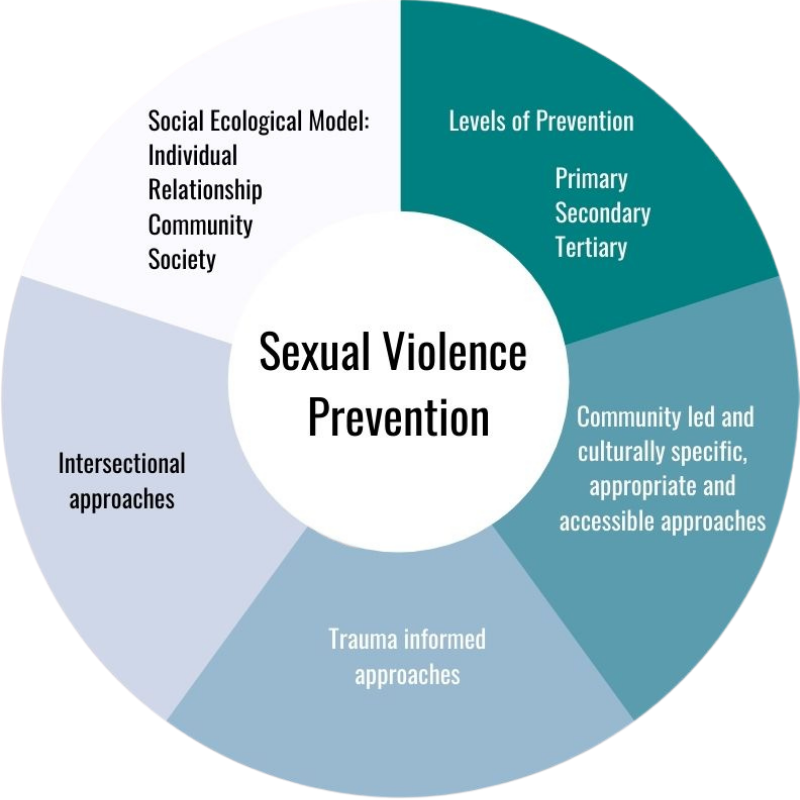The Baha’i Faith, a religion that emerged in the 19th century, offers a unique perspective on many social issues, including sexual violence. The teachings of Baha’u’llah, the founder of the Baha’i Faith, provide insights into human relationships, the nature of the individual, and the importance of community cohesion, all of which can be applied to address and mitigate the issue of sexual violence. This article explores the doctrinal foundations and civic imperatives of the Baha’i teachings relative to sexual violence, examining their implications for personal conduct, social transformation, and spiritual development.
The Baha’i teachings emphasize the inherent dignity and worth of every individual, rooted in the belief that all humans are created in the image of God. This fundamental principle engenders an atmosphere of respect and compassion. In contexts where sexual violence is prevalent, such an ethos is transformative, ushering in a culture that celebrates consent and mutual respect. By fostering an understanding that each person possesses an intrinsic value, the teachings directly challenge the societal norms and patriarchal structures that often perpetuate violence against individuals, particularly women.
Another salient aspect of Baha’i doctrine is the concept of justice. Justice is not merely viewed as a legal construct but as a profound moral imperative. Baha’is are called to advocate for justice in all spheres of life, which includes safeguarding the rights of the vulnerable. This dynamic translates into a communal responsibility to confront and eradicate instances of sexual violence. Thus, Baha’i communities are urged to establish frameworks where victims can report abuses without fear of retribution and where perpetrators are held accountable in a manner that promotes healing and restoration rather than mere punishment.
Education is pivotal in the Baha’i approach to tackling sexual violence. The teachings strongly advocate for the education of both men and women. Education illuminates the mind, cultivates moral capacity, and equips individuals with the skills necessary to navigate complex social interactions with dignity and respect. Baha’i teachings call for the ethical training of youth, including an exploration of human sexuality that encourages healthy relationships informed by mutual consent and respect. Educational initiatives can thus serve as a bulwark against sexual violence by fostering an informed and conscientious populace.
The Baha’i perspective on marriage offers further insights into combating sexual violence. Baha’is view marriage as a sacred bond founded on love, mutual support, and equality. Within this framework, the dignity of each partner is paramount, and any form of coercion or violence is fundamentally contradictory to the essence of the marital commitment. This understanding encourages couples to engage in healthy dialogue about boundaries, consent, and mutual respect, thereby serving as a preventive measure against domestic violence and sexual coercion within intimate relationships.
Furthermore, Baha’i teachings promote the ideal of consultation as a means of resolving conflicts and fostering cooperation. This process is characterized by a spirit of humility, openness, and collective engagement, allowing individuals to express their viewpoints freely without fear of retribution. When applied to discussions around sexual violence, this method encourages communities to holistically address issues and to develop safety protocols collaboratively. Baha’is are repeatedly reminded that such consultations can lead to transformative solutions that reflect the collective will and promote the solidification of peace within societies.
A comprehensive understanding of the Baha’i response to sexual violence also necessitates an examination of the role of spirituality. Spiritual development is an essential tenet within Baha’i teachings, wherein individuals are encouraged to engage in self-reflection and moral growth. This inner development empowers individuals to recognize their responsibilities not only to themselves but to the community at large. It engenders a profound respect for others and a recognition of the interconnectedness of all human beings. Establishing such a culture of spirituality can foster empathetic communities that actively detest any form of violence.
Moreover, the Baha’i principle of the oneness of humanity is crucial for addressing sexual violence. It professes that all people, regardless of gender, race, or nationality, are part of a unified whole. Such a worldview compels individuals to transcend personal biases and prejudices, fostering a collective responsibility toward ending discrimination and violence. By affirming the interconnectedness of individuals, Baha’is are called to engage in advocacy that protects and uplifts those subject to various forms of oppression, including sexual violence. This inclusivity is an antidote to the divisive ideologies that contribute to a culture of violence.
Finally, proactive engagement in local and global communities is emphasized in Baha’i teachings. Baha’is are encouraged to take part in social action that uplifts and empowers marginalized groups. Such activism, when directed towards the eradication of sexual violence, can take many forms, from participation in awareness campaigns to advocacy for legislative reforms. By aligning their actions with their values, Baha’is contribute to a societal ethos that fundamentally rejects violence in all forms.
In conclusion, the Baha’i teachings provide a rich tapestry of principles that offer comprehensive responses to the issue of sexual violence. By emphasizing dignity, justice, education, the sanctity of marriage, consultation, spiritual development, the oneness of humanity, and active engagement, these teachings create a framework that not only addresses violations but also seeks to prevent them through proactive measures. As Baha’is embody these principles in their lives, they contribute to a more just and compassionate world where the scourge of sexual violence can be systematically dismantled.
